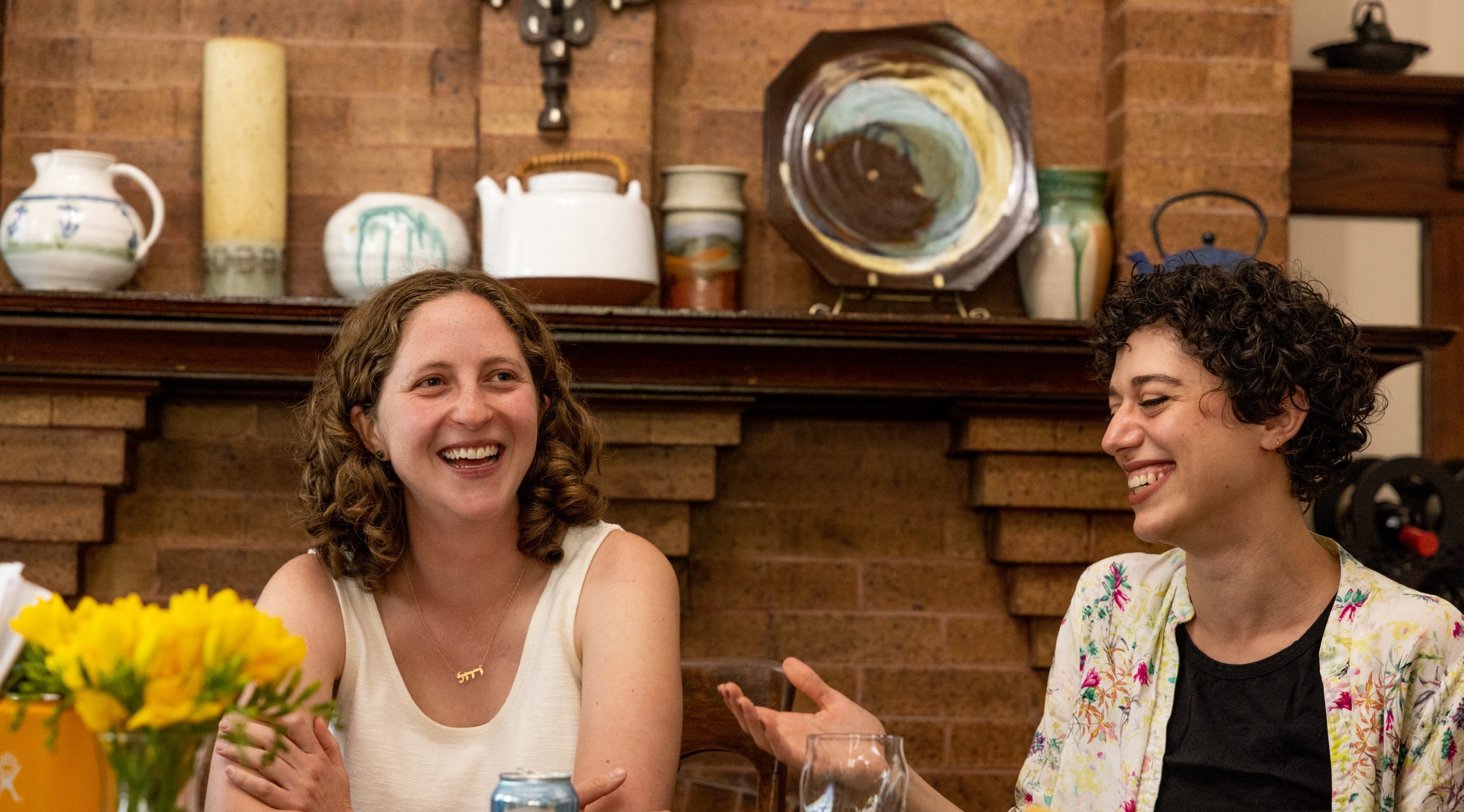
I travel frequently for work. My checklist of things to do before I leave home includes not only packing undershirts and a toothbrush, but also emptying the compost bin that sits next to our sink. I seem to be the member of my family who can stand the smell the easiest. So before I get in the taxi to the airport, I dump the compost into the larger bin outside.
I therefore think about the compost with some regularity. On the one hand, I feel good about it: We’re diverting waste from the landfill; we get soil back in the spring; we’re contributing to a larger movement. On the other hand, there’s a little perversion that creeps in when I clean out the fridge: “Ooh, that lettuce I bought last week that didn’t get eaten–awesome, it can go in the compost!” But, of course, it would have been better to either eat the lettuce or not buy it in the first place.
The existence of the compost bin can thus provide a subconscious crutch for overconsumption. While it mitigates some problems, it doesn’t address the basic questions of desire and sufficiency operating in my mind and heart when I’m at the grocery store or standing in front of the fridge thinking about what I want to eat. Those questions are still mine to work through.
These issues are on my mind this week because at the heart of Parashat Vayakhel is a story about sufficiency and saying, “Enough.” Making good on the Holy One’s invitation for everyone whose heart is moved to contribute to the construction of the Mishkan, Moses invites the Israelites to do just that. But not only do they bring–they keep on bringing, to the point that the craftsmen come to Moses to tell him they’re being overwhelmed.
“Moses thereupon had this proclamation made throughout the camp:
‘Not a single man or woman should make further effort toward gifts for the sanctuary!’ So the people stopped bringing: their efforts had been more than enough for all the tasks to be done.” (Ex. 36:6-7)
In his Mei Hashiloach, Rabbi Mordechai Yosef Leiner interprets this passage spiritually: “In truth, one does not know the root of their heart—if they are truly giving. The test of this is, if one is asked one time to donate for a new mitzvah, then they can give abundantly, but after they have grown accustomed to this mitzvah they then close their hand from giving. From this it is understood that they are not giving from their roots, for if it came out of their roots they would not refrain from giving.” In the case of the Mishkan, the rebbe says, the Israelites kept giving again and again, manifesting that they were truly giving from the roots of their hearts. Hence these verses should be read as praising them.
Now, this would be a good place for me to make a fundraising pitch. (Sure: If your heart is moved, please do donate to IJS!) But/And: I think the larger point is one about the spiritual practice of discerning and knowing our hearts–in our giving, our consuming, our making, our selling. The Torah invites us to consider that, just as there is an economy that exists between the grocery store and the compost bin (or the trash can), there is likewise an economy within our hearts–impulses, either genuine or manufactured through advertising, of need, desire, and craving; stirrings of generosity, openness, and sufficiency.
In an age characterized by consumerism, impulse purchasing, and life-threatening levels of waste, mindfulness practices are more important than ever. They enable us to walk through the grocery store–or Amazon–with stronger, wiser hearts that are less susceptible to the manipulation of desire. And in an age characterized by isolation, division, and epidemic levels of loneliness, our practices likewise help us to cultivate connection, compassion, and resilience. These are two sides of the same coin, two parts of the economy of the heart that, with practice and dedication, can become the economy of the world too.
Josh’s Friday Reflections
FREE
Every Friday morning, IJS President & CEO Rabbi Josh Feigelson shares a short reflection on the week in preparation for Shabbat. Josh weaves together personal experience, mindfulness practice, and teachings from the weekly Torah portion in a uniquely accessible and powerful way. Sign up to receive Josh’s weekly reflections here.

